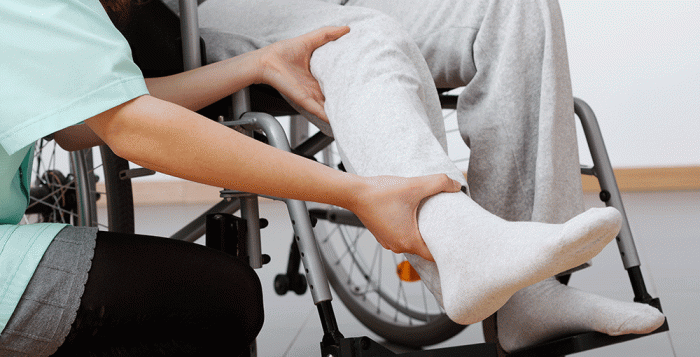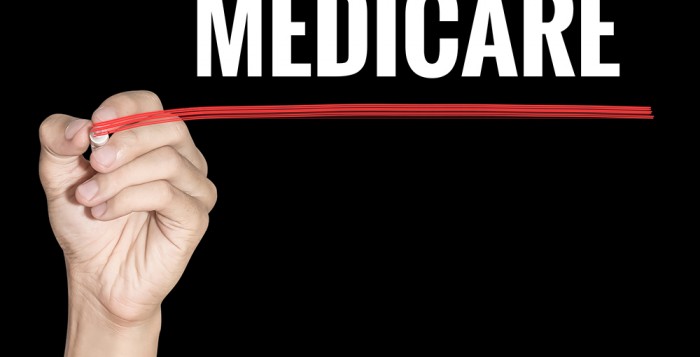On December 20, 2016, the Centers for Medicare and Medicaid Services (CMS) announced the release of a final rule that will implement three new Medicare Parts A and B episode payment models, a Cardiac Rehabilitation Incentive Payment model and modifications to the existing Comprehensive Care for Joint Replacement (CJR) model under Section 1115A of the Social Security Act.
The finalization of these new Innovation Center models will continue the shift of Medicare payments from rewarding quantity to rewarding quality by creating incentives for hospitals to deliver better care to patients at a lower cost. The models will reward hospitals that work together with physicians and other providers to avoid complications, prevent hospital readmissions, and speed recovery.
The announcement finalizes significant new policies that:
- Improve orthopedic care: One new payment model will support clinicians in providing care to patients who receive surgery after a hip fracture, other than hip replacement. In addition, CMS is finalizing updates to the CJR Model, which began in April 2016.
- Improve cardiac care: Three new payment models will support clinicians in providing care to patients who receive treatment for heart attacks, heart surgery to bypass blocked coronary arteries, or cardiac rehabilitation following a heart attack or heart surgery.
- Provides an accountable care organization (ACO) opportunity for small practices: The new Medicare ACO Track 1+ Model will have more limited downside risk than Tracks 2 or 3 of the Medicare Shared Savings Program in order to encourage more practices, especially small practices, to advance to performance-based risk.
The final rule makes several modest adjustments to the CJR Model that are largely conforming changes for consistency with the other episode payment models. These include refinements for use of the skilled nursing facility waiver, exclusion of beneficiaries participating in selected ACOs, and revising target pricing methodology to include reconciliation and repayment amounts for performance years 3, 4, and 5. CMS is finalizing revisions to the quality adjustment to incorporate improvement as well as absolute performance, and also finalized changes to align CJR with the episode payment models around financial arrangements and beneficiary engagement incentives, compliance enforcement, appeals processes, and beneficiary notifications.
The final rule is scheduled to be published in the Federal Register on January 3, 2017, and is effective on February 18, 2017.

















